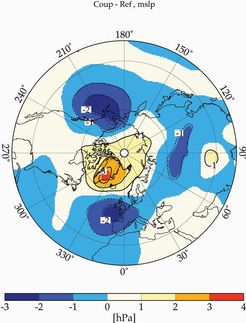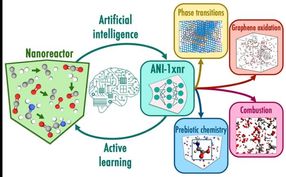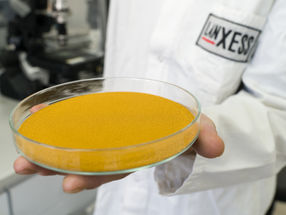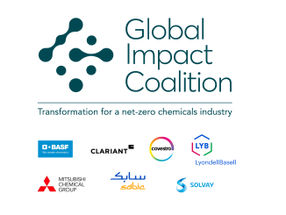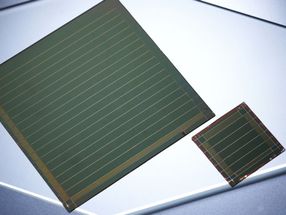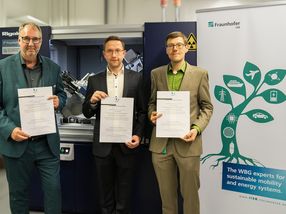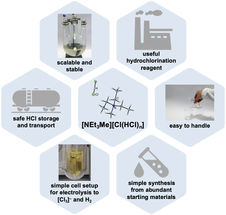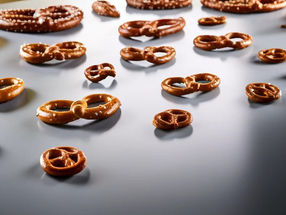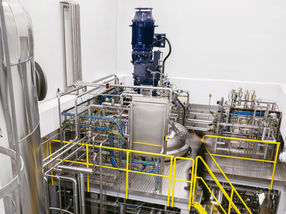DuPont Dow Elastomers and PolyOne Announce Agreement
WILMINGTON, DEL. / CLEVELAND (August 28, 2002) - DuPont Dow elastomers and PolyOne Corporation today announced they have signed an agreement to jointly develop new thermoplastic elastomer (TPE) compounds based on Engage® polyolefin elastomers. Customers will benefit from the agreement by having access to a new and expanded range of TPE compounds using this versatile chemistry. DuPont Dow will have access to a broader range of markets and applications for its polymer, thanks to PolyOne's compounding and processing expertise plus global market presence. PolyOne broadens its olefin elastomer compound portfolio by utilizing DuPont Dow's patent-pending product and processing technology, and gains a strong market-development partner.
Under the agreement, PolyOne will manufacture and market these new soft TPE compounds and alloys based on Engage®. These products will be offered under the ELASTAMAX® product line from PolyOne as a new series called EG 9000 and will be available in extrusion and molding grades in Shore A hardness ranges from 65 to 90. This agreement is expected to accelerate development and growth of TPEs in emerging flexible applications and responds to customer demands for versatile olefin TPE compounds in a range of price and performance capabilities for injection molding and extrusion applications.
In late 2001, DuPont Dow globally introduced a next-generation compounding technology based on Engage® that enables higher service temperature performance, improved melt strength, and a better balance of processability and end-use performance for all-polyolefin compounds. The patent-pending technology will provide the basis for the new product line, according to the companies.
TPE compounds based on metallocene-catalyzed Engage® are highly elastomeric and can be used as an alternative to materials such as EPDM, SBS, SEBS, TPV, TPU, f-PVC, and EVA. These TPE compounds feature improved processability and low-temperature toughness, as well as provide easy colorability and UV stability. In extrusion applications, the materials offer unique rheology for improved processability, gauge / shape control, and sag resistance. They can be easily processed on conventional thermoplastic processing equipment, are recyclable (melt-reprocessable), offer excellent haptics (feel), provide excellent grain retention, and are low gloss even after thermoforming in sheeting applications. In injection molding applications, the materials offer high melt-flow characteristics not found in conventional TPO technologies for thin-walled and hard to fill parts, while providing excellent elastomeric performance. They are currently used in various applications for the automotive, wire & cable, footwear, sporting goods, small appliance / tools, toy, health & beauty aids, and industrial market segments.
Other news from the department research and development
Most read news
More news from our other portals
See the theme worlds for related content
Topic world Rheology
Rheology deals with the flow behavior and deformation properties of materials. In the chemical field, it is indispensable for understanding the consistency, viscosity and elasticity of liquids, gels and solids. Whether formulating paints, producing polymers or optimizing food textures, rheological properties influence how substances react, move and feel.
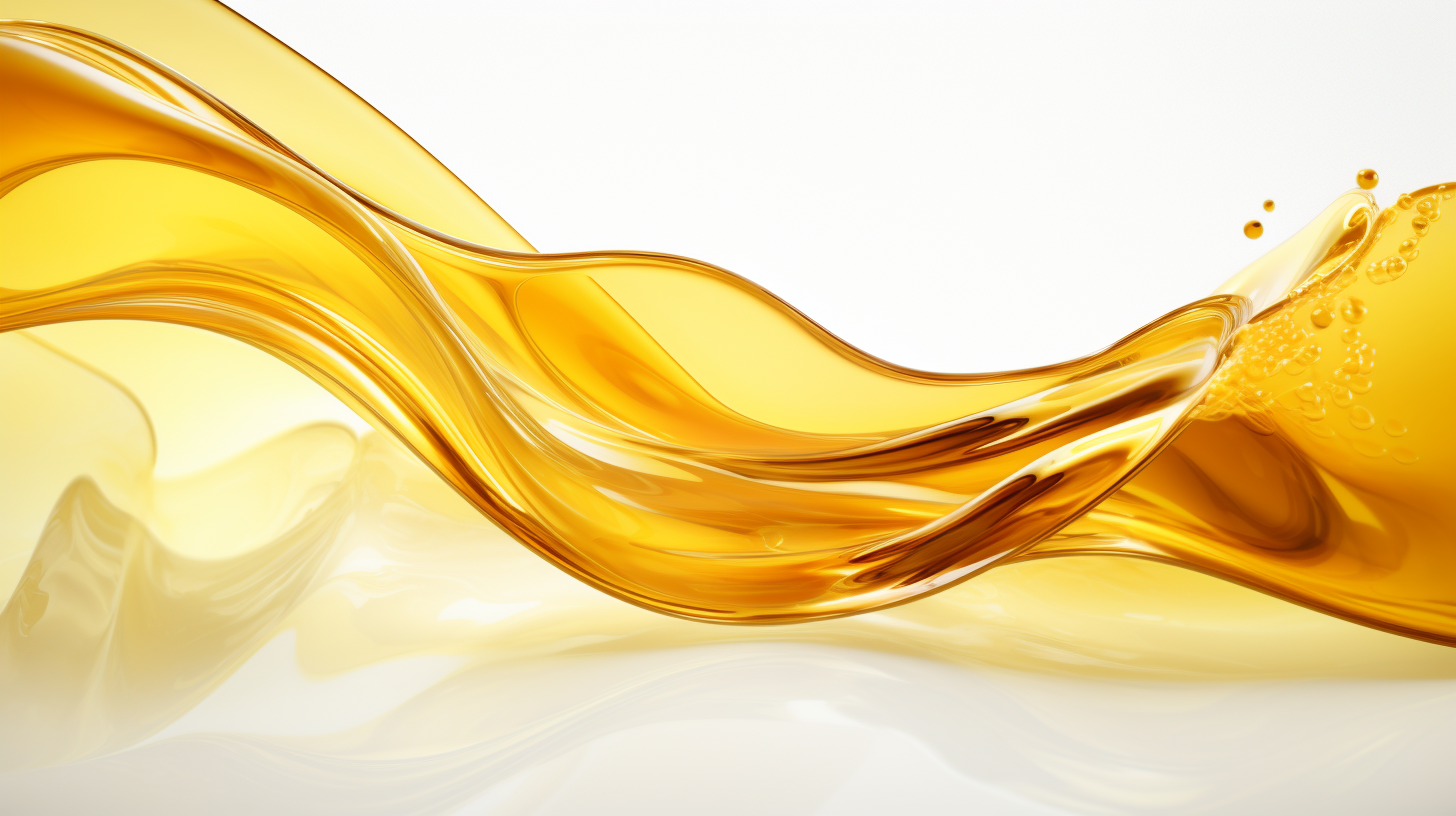
Topic world Rheology
Rheology deals with the flow behavior and deformation properties of materials. In the chemical field, it is indispensable for understanding the consistency, viscosity and elasticity of liquids, gels and solids. Whether formulating paints, producing polymers or optimizing food textures, rheological properties influence how substances react, move and feel.
